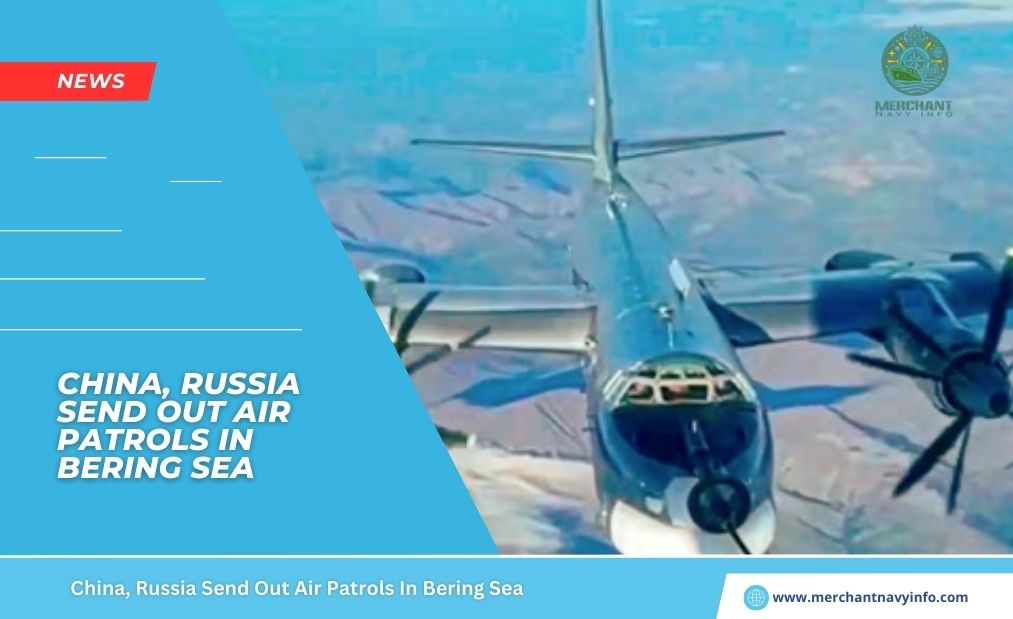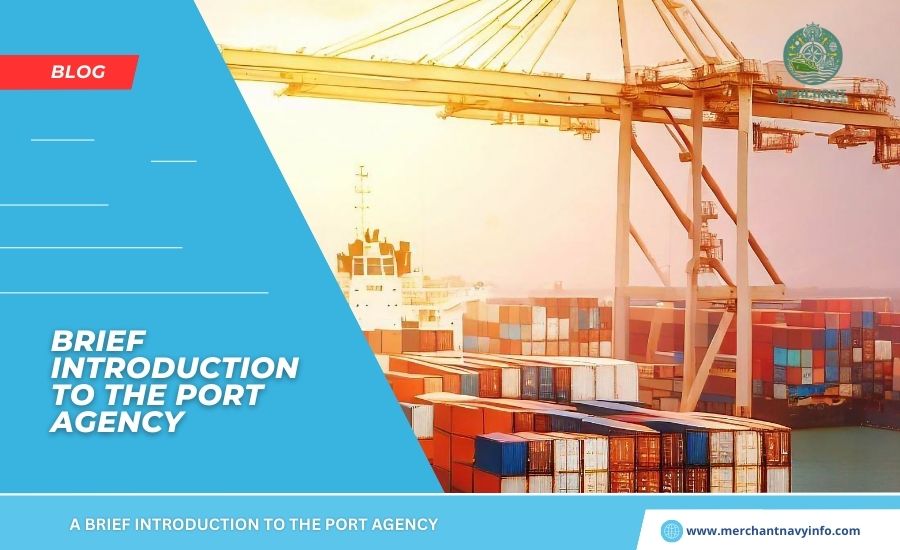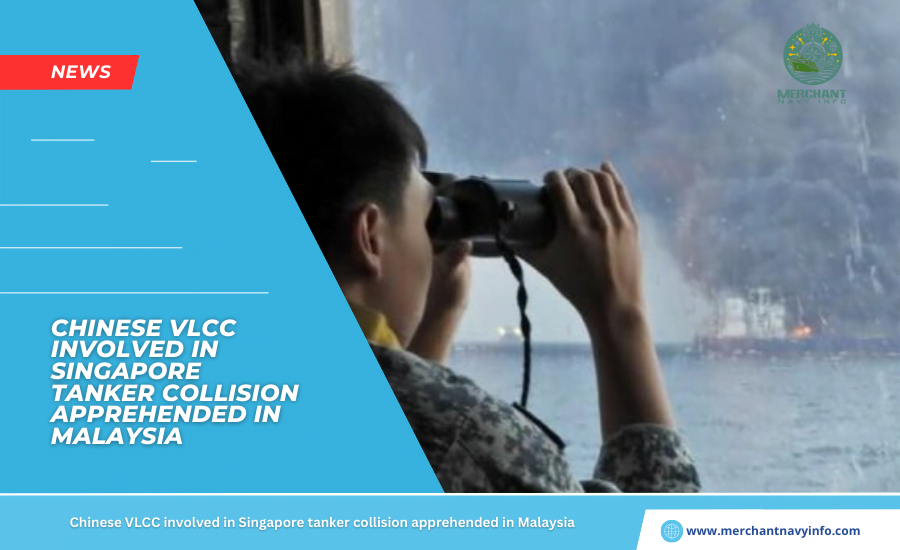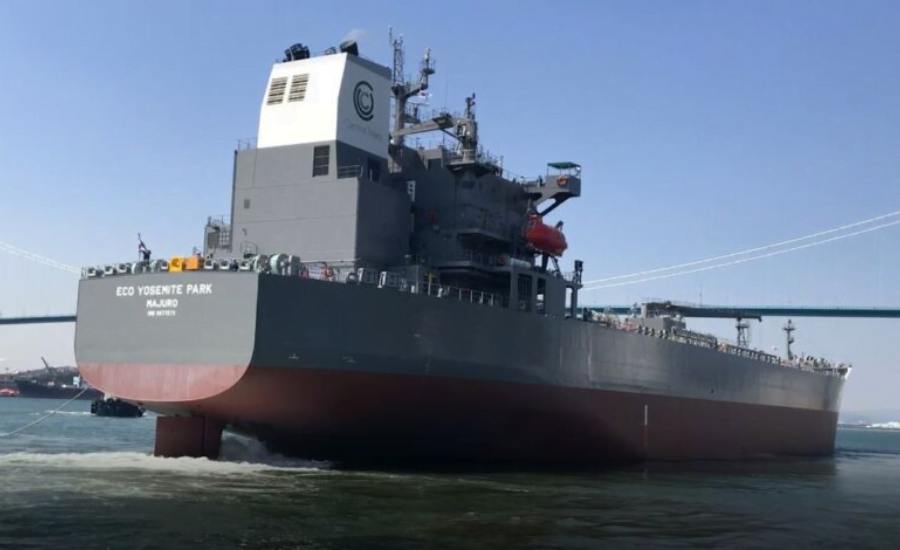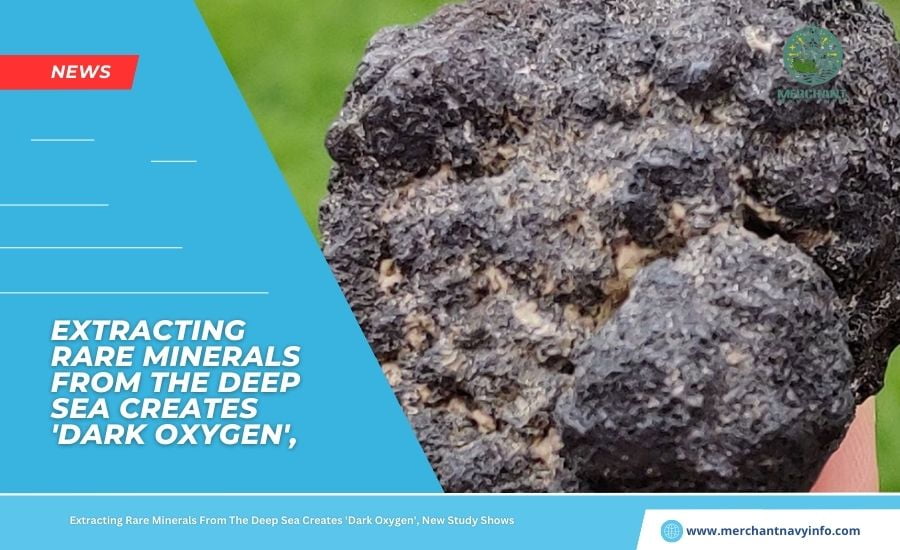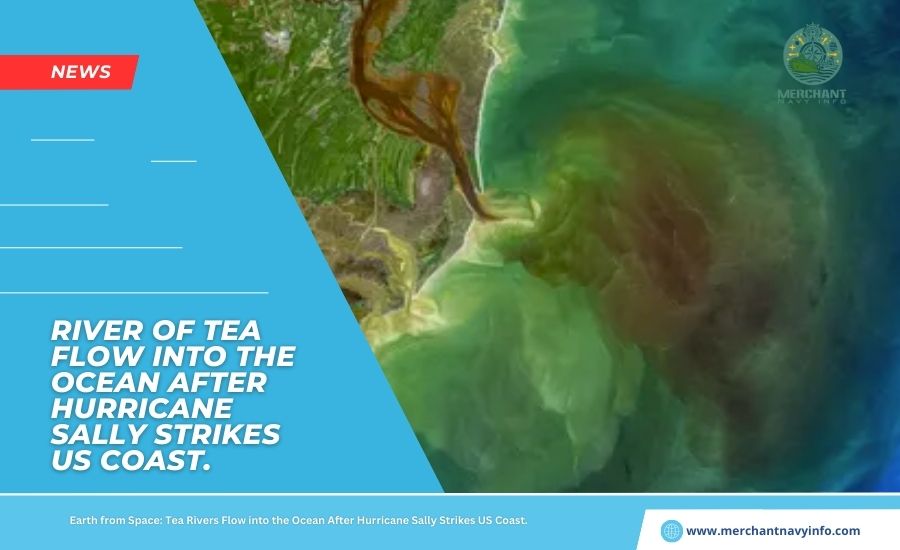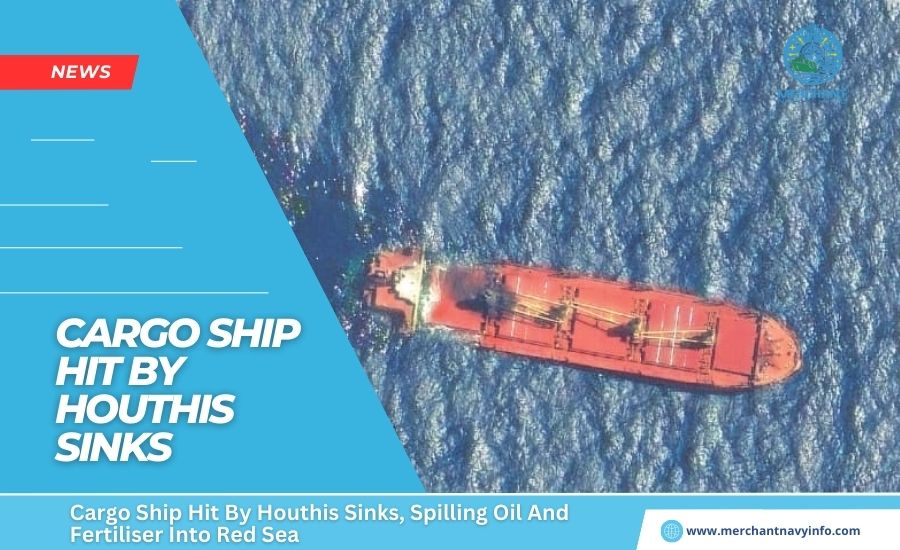
A cargo ship attacked by Yemen’s Houthi rebels has spilled oil and fertilizer into the Red Sea. Putting food, drinking water, and marine life at risk. The U.S. military’s Central Command, which has jurisdiction over the Middle East. Announced early Sunday morning that the Belize-flagged ship Rubimar. Carrying 21,000 tons of ammonium phosphate sulfate fertilizer, sank at 2:44:44.3 a.m Saturday morning local time. On February 18, the ship was hit by a Houthi anti-ship ballistic missile in the Bab el-Mandeb Strait. A waterway connecting the Red Sea and the Gulf of Aden, and drifted north after taking on water. Before her sinking, the ship was already leaking heavy fuel, causing an oil slick in the waterway.
“This is truly devastating,” said David Rehkopp, an associate professor of epidemiology and public health at Stanford University in California. Mr. Rekopf co-authored a study on the potential for oil spills in the Red Sea in 2021. When the oil tanker FSO Safer. Carrying millions of barrels of oil, was due to expire and was at risk of spilling. Researchers found the oil spill would have a “devastating” public health impact on residents of Yemen, Saudi Arabia, and Eritrea. Rehkopf is concerned that Saudi Arabia’s reliance on desalination plants to filter seawater could harm marine life. Which many residents depend on for food and drinking water.
Spill Could ‘Impact the Health Of Millions’
In the worst-case scenario, there could be health effects. Affecting millions of people through environmental pollution and impacts on food and water supplies,” Rekoff said. Said. “It would be bad anywhere. I mean, if it happened off the coast of Florida, it would be bad. But because of the problems the locals already have, things would be exponentially worse.” The Rubimar could spill 7,000 barrels, a fraction of the oil the Safer was carrying until its cargo was successfully transferred to another ship last year. But this is far more oil than spilled from the Japanese ship Wakashio.
Which sank near Mauritius in 2020, causing millions of dollars in damage and endangering the livelihoods of thousands of fishermen. Ahmed Awad bin Mubarak, Prime Minister of Yemen’s internationally recognized government, called the sinking of the Rubimar an “unprecedented environmental disaster.” “This is another catastrophe for our country and our people,” he wrote on X (formerly Twitter). “Every day, we pay the price for the adventures of the Houthi militias who were unable to prevent them from plunging Yemen into a coup debacle and war.
Fish ‘Could Become Inedible,’ Researchers Say
Houthi rebels have been attacking the Red Sea, a key waterway for energy supplies to Europe, since November in protest of Israeli attacks on Gaza. It has repeatedly attacked ships. The Red Sea is an important food source, particularly in Yemen, where fishing was the second largest export after oil before the current civil war between the Houthis and Yemen’s Sunni government. Peter Hodson, professor emeritus of the environment at Queen’s University in Kingston, Ont.
“The most immediate impact is contamination or contamination, which means the fish are no longer edible.” Stated. “The net effect is that reproduction ceases or reproductive rates decline because fewer embryos and larvae survive.” Saudi Arabia spent decades building the world’s largest network of desalination plants. Drinking water security is particularly important for Saudi Arabia. Cities like Jeddah depend on these facilities for almost all of their drinking water. “If (oil) were to get into the inlet, it would definitely affect the whole desalination process,” Hodson said.
Fertilizer “May Be The Worst Ingredient”
It is difficult to assess the risk posed by the ship’s fertilizer cargo, so it was written to the U.S. military’s Central Command and port authorities in Djibouti, near the site of the Rubimar sinking. Fertilizers can promote algae growth, leading to loss of oxygen, suffocation of marine life, and the formation of so-called “dead zones.” Mr Hodson said the impact would depend on how badly the ship was damaged, which would determine how quickly the toxins could escape.
“The worst of these might be fertilizer, but that depends on how intact the ship is,” he said. The Red Sea is home to some of the most colorful and expansive coral reefs in the world, but they are also at risk. Some are important tourist attractions and are increasingly the subject of extensive scientific research due to their apparent resilience to seawater warming.
Voices Concerns About Future Spills
Ian Ralby, founder of maritime security company I.R. Consilium, told The Associated Press that the Red Sea’s unique circular water pattern exacerbates these concerns. He said the pattern essentially acts like a giant lagoon, with water moving north toward the Suez Canal in the winter and outward toward the Gulf of Aden in the summer. “What goes into the Red Sea stays in the Red Sea,” he said. Mr Ralby said he was concerned that even if the oil spill was manageable, an even bigger disaster could lie ahead.
He said most container ships had stopped using the Red Sea route since the Houthis began attacking ships in the region. What remains, he said, are poorly maintained ships, oil tankers, and bulk carriers, which pose far greater environmental risks. “With fewer and fewer container ships being targeted, the potential for new oil spills with significant environmental impact is very high,” Ralby said.


